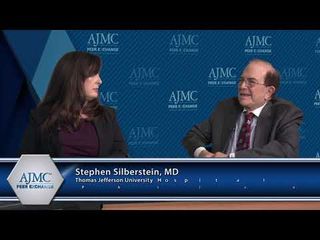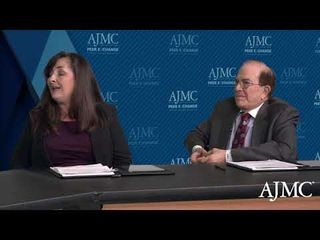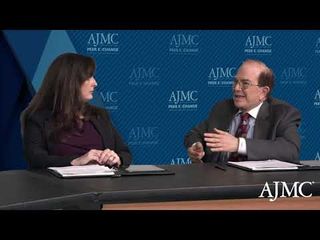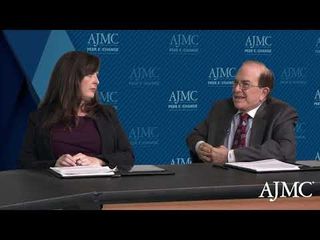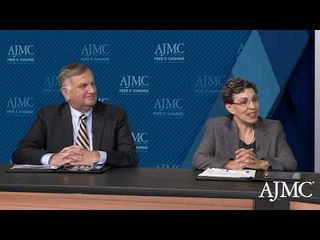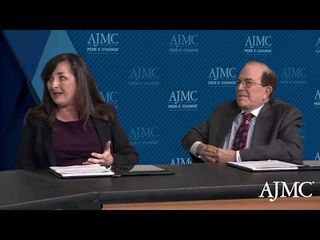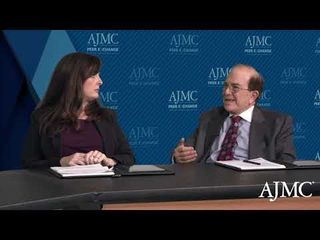
Migraine
Latest News
Latest Videos

CME Content
More News

A discussion on how the coronavirus pandemic has affected conventional management of patients with migraine, and how to circumnavigate shortcomings.

Migraine experts consider how to safely and effectively combine acute and preventive therapy to meet individualistic and complex management needs.

A discussion on how to accurately measure response to goal-based therapy and ensure patients are receiving appropriately effective treatment.

Key opinion leaders discuss the process of selecting the right therapy for patients with migraine, with special consideration of the importance of patient preference, and how long to stick with a therapy.

A migraine expert discusses clinical trial data on 2 CGRP monoclonal antibodies regarding adverse events and safety primary end points.

Key opinion leaders discuss the various adverse events of emerging CGRP monoclonal antibody treatments and compare efficacy data.

A discussion on emerging CGRP monoclonal antibodies for the prevention of migraine onset.

A retrospective analysis of preventive care and how advancements have allowed for more effective management of migraine.

Experts in the management of migraine consider the factors that contribute to transitioning a patient from acute to preventive care.

Key opinion leaders discuss the process of determining and measuring individualized treatment goals to ensure patients with migraine receive the most effective management.

A discussion on how advancements in migraine understanding have improved diagnostics and treatment.

Migraine specialists consider the drivers of health care utilization for uncontrolled migraine and discuss where individuals go to seek help for management.

Key opinion leaders briefly discuss unmet needs in the acute migraine space and how to determine when to switch from an acute agent.

Experts in the management of migraine discuss the prevalence of individuals taking acute migraine therapy and enumerate the various classes of agents available.


It will be very interesting to understand the mechanism of medication overuse headache, along with the effects antibodies have on the condition, said Rigmor Jensen, MD, professor of neurology at The University of Copenhagen and director of the Danish Headache Center.

Compared with triptan nonresponders, patients with migraine who report a response to at least 1 triptan have a higher likelihood of responding to treatment with erenumab, according to real-world data published in The Journal of Headache and Pain.

Erenumab treatment has been associated with reductions in migraine frequency and improvements in health-related quality of life that were maintained for at least 5 years, according to the results of an open-label treatment phase of a recent study.

Data on patients with migraine who stopped erenumab treatment show that over half of patients had an early disease worsening while the remaining patients maintained their responder status during weeks 1 through 4 post treatment.

Pain is a subjective response with multiple features and components, said Frank Porreca, PhD, professor of pharmacology and anesthesiology at the University of Arizona and a member of the Department of Collaborative Research at Mayo Clinic in Arizona.
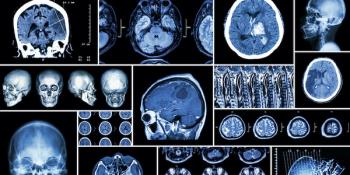
The emotional, functional and physical effects of vertigo on patients with vestibular migraine were shown to be more significant compared with the experiences of patients with benign paroxysmal positional vertigo (BPPV) in a recent study.

A “dose-response” relationship may exist between migraine and patent foramen ovale (PFO), according to a review published in Frontiers in Neurology.

Migraine accounts for many billions of dollars in direct and indirect health care costs, said Peter McAllister, MD, a neurologist, board certified headache specialist, and medical director of the New England Institute for Neurology and Headache.
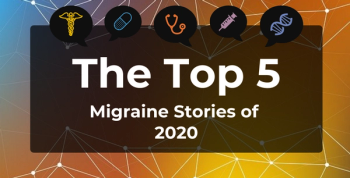
Our most-popular articles relating to migraine in 2020 included new research on menstrual migraine and the efficacy of erenumab, a calcitonin gene-related peptide inhibitor, for migraine.

When it comes to the next steps for anti-CGRP therapies, we need to discuss the concept of synergism, said Stephen Silberstein, MD, professor of neurology at Thomas Jefferson University and director of the Headache Center at Jefferson Health.





